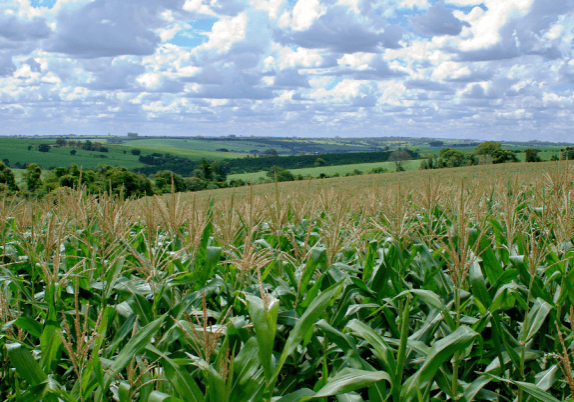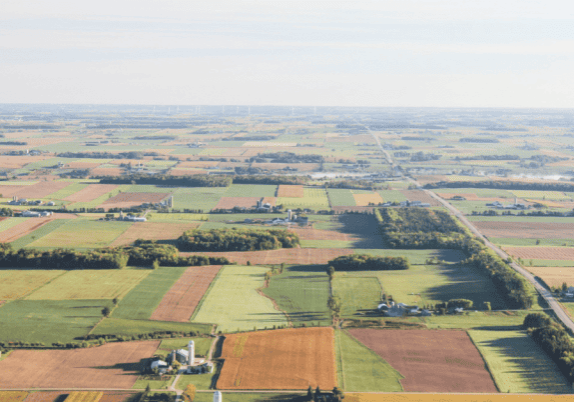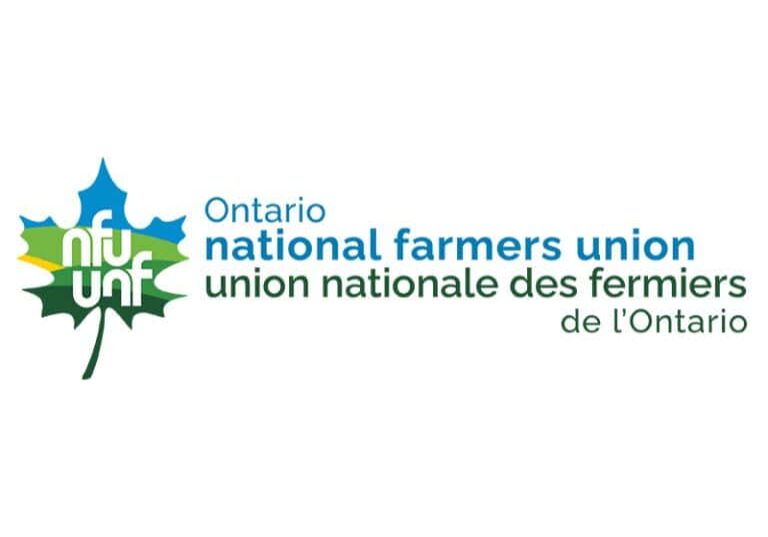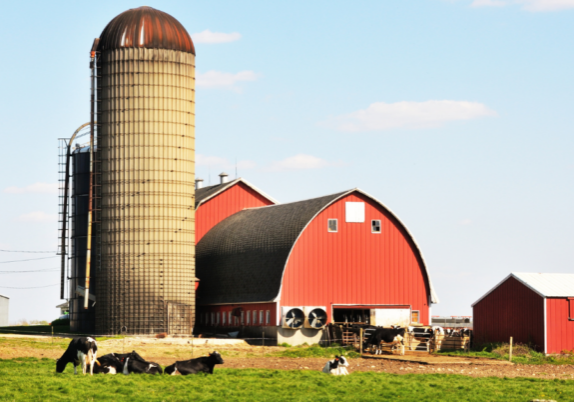Letter to Minister Bethlenfalvy Regarding the 2022 Budget Consultation
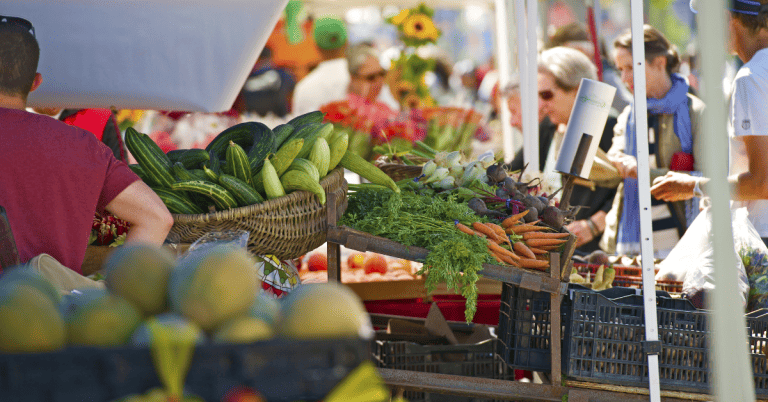
Dear Minister Bethlenfalvy,
On behalf of the National Farmers Union – Ontario (NFU-O), we thank you for the opportunity to contribute to the Ontario budget development process for 2022. The NFU-O is an accredited farm organization representing thousands of sustainable family farmers in Ontario and has advocated for farm families across Ontario and Canada since 1969. The NFU-O believes that the family farm should be the primary unit of food production in Ontario. Members work together to achieve agricultural policies that ensure dignity and income security for farm families, while protecting and enhancing rural environments for current and future generations. Our diverse membership includes export producers, direct market farmers, livestock producers, specialty crop growers, and farmers who produce supply-managed commodities.
We commend the Ontario government for its support of Ontario agriculture and food businesses, especially during the hardship of the Covid-19 pandemic and supply chain disruptions. The announcement in November 2021 of a $25 million Strategic Agri-Food Processing Fund was welcome support for farmers and processors in Ontario.
Building on that successful announcement, the NFU-O sees an opportunity to support Ontario farmers and our rural communities with funding to meet the increasing demand for local food, including offering supports to address the skilled labour shortage, barriers to farmland access, and research and innovation to combat the climate crisis.
Skilled Labour
The one struggle that all small and medium scale producers face is labour. The recent NFU-O report, Reframing the Farm Labour Crisis in Ontario, found that farms under 70 acres were more likely to employ Ontarians than their larger counterparts. Temporary Foreign Workers make up only 8.5% of the workforce on small and mid-sized farms compared to 30% across the entire sector. Many of the farms surveyed for the report provided extensive farm training and are the knowledge incubators for the next generation of farmers. The report also found that the need for farm labour will only increase as farmers tackle the climate crisis.
There is, however, a shortage of living-wage agricultural jobs which has led to a scarcity of skilled and experienced workers. Partial exemptions under Ontario labour law have excluded agricultural workers from minimum wage laws and other key labour protections. Under these conditions, many Ontarians are reluctant to perform highly skilled, physically demanding, low paid agricultural work. Without living wages/incomes we are unlikely to attract enough Ontarians willing to acquire the skills and dedicate their lives to agricultural production. Wage subsidy programs or enhancements to existing programs designed specifically for domestic seasonal farm workers would be very impactful for small to medium scale farmers who employ Ontarians.
Research & Innovation
The climate crisis is having increasing impacts on farmers in Ontario. In order for agriculture to shift to meet the demands of tackling the climate crisis, the government will need to invest in research and innovation that will support farmers in the transition to climate friendly production systems.
The NFU-O recommends establishing an Organic Agriculture Extension Service or Research Branch that focuses on research and financial support programs to help farmers measure and monitor soil carbon and adopt practices to mitigate the climate crisis.
Farmland Protection and Access
The need to protect farmland from development and from being purchased by corporations and investment companies is crucial to ensuring the next generation of farmers have land to farm. Over 64% of farm workers from the Reframing the Farm Labour Crisis in Ontario report shared that skyrocketing land prices are preventing them from accessing land. Black, Indigenous, and people of colour (BIPOC) face additional barriers to accessing land and achieving food sovereignty for their communities.
Other provinces in Canada, such as Saskatchewan, have legislation in place to make pension plans and their administrators ineligible from owning farmland in the province. This is a large step that the province of Ontario could make to ensure that farmland remains in the hands of farmers so that they can continue to produce the food that all Ontarians rely on. The pandemic and resulting supply chain issues have reminded us how important it is to have a regional food system that Ontario can depend upon now and into the future. This food system is dependent on Ontario farmland.
Thank you again for the opportunity to contribute to the Ontario budget development process for 2022.
Sincerely,
Don Ciparis
President, National Farmers Union – Ontario
